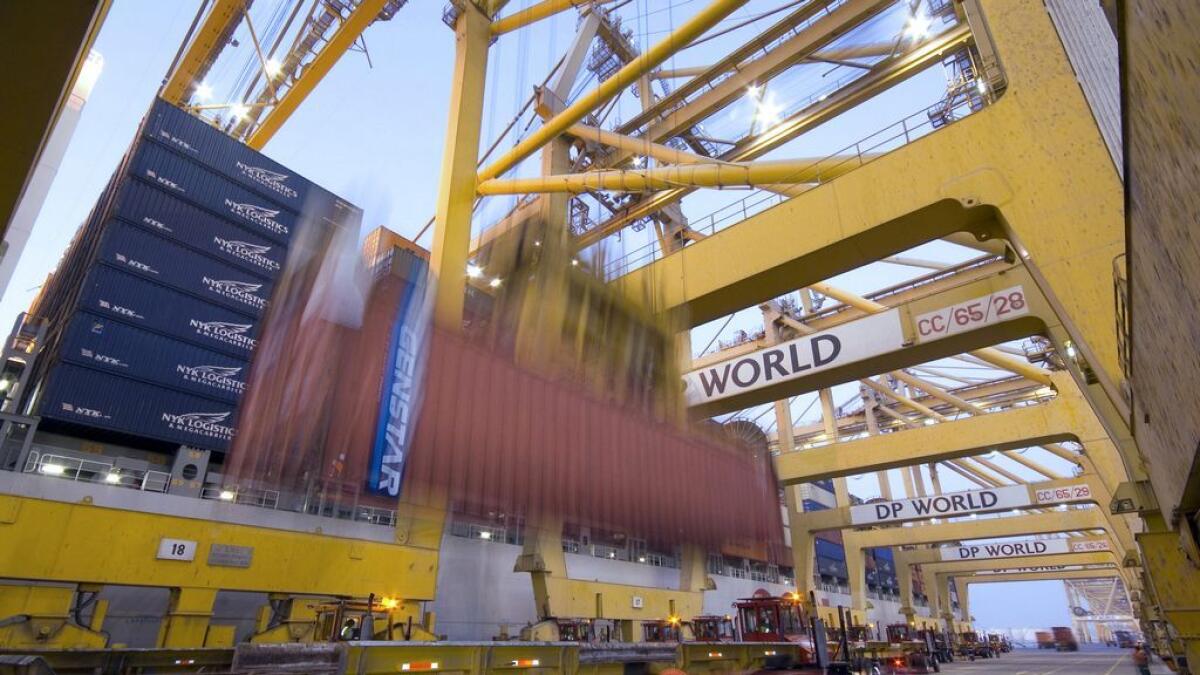The UAE and Malaysia are on the verge of signing a Comprehensive Economic Partnership Agreement (Cepa) to enhance their bilateral trade and investment. The agreement is expected to be inked during the upcoming UAE visit of Malaysian Prime Minister Anwar Ibrahim, most likely in October. The negotiations have been ongoing for months, with final preparations being made after a bilateral meeting between officials from both countries in June. This agreement marks Malaysia’s first free trade agreement with a member of the GCC and is anticipated to strengthen economic ties and increase trade and investment flows between the two nations as well as between the Asean and GCC regions.
The UAE’s non-oil foreign trade reached a record Dh1.4 trillion in the first six months of 2023, with non-oil exports seeing a 25 percent year-on-year increase. The UAE and Malaysia reported bilateral non-oil trade worth $4.7 billion in 2023, maintaining record levels achieved in the previous year. The UAE has been actively pursuing partnerships to strengthen its economy and trade relations, with Cepa programs expected to increase exports by 33 percent and contribute significantly to the country’s GDP by 2031. The UAE has already signed trade agreements with several countries and is currently in talks with others to further expand its economic reach.
On the investment front, 34 manufacturing projects with Emirati participation worth $390 million were implemented in Malaysia, creating over 2,000 jobs. Malaysian officials are optimistic about the potential economic benefits that will arise from the signing of the Cepa with the UAE, aiming to boost their economic ties with the UAE, their second-largest trading partner in the Middle East region. Additionally, the UAE and Japan are set to enter negotiations for an Economic Partnership Agreement to ensure a stable supply of crude oil. Japan, the second-largest crude oil supplier for Japan after Saudi Arabia, is seeking to reduce or abolish tariffs on cars and auto parts, as auto-related exports accounted for a significant portion of Japan’s shipments to the UAE last year.
The UAE’s focus on strengthening economic partnerships and trade agreements aligns with its goal of boosting exports and diversifying its economy. With a strategic location and a thriving business environment, the UAE serves as an attractive hub for foreign investments and trade opportunities. By fostering collaborations with countries like Malaysia and Japan, the UAE aims to enhance its economic growth and create new avenues for trade and investment. The impending signing of the Cepa with Malaysia and negotiations for an EPA with Japan underscore the UAE’s commitment to expanding its economic reach and solidifying its position as a key player in the global business landscape.
The signing of the Cepa between the UAE and Malaysia is poised to usher in a new era of economic cooperation, opening doors for increased trade and investment opportunities between the two nations. With both countries recognizing the significance of open and rules-based trade, the agreement is expected to create a conducive environment for businesses to thrive and capitalize on the emerging economic prospects. As the UAE continues to strengthen its economic ties with various nations across the globe, the signing of the Cepa with Malaysia marks a significant milestone in enhancing bilateral relations and fostering greater economic collaboration.











